What I've learned #6 (Hesse Edition)
...from a depressed steppe wolf about my life this week!
I recently started reading ‘Steppenwolf‘ by Hesse, and was surprised by how much I identify with this middle-aged man from the 20s and how much it was a mirror for my life.
& as this is not really a super niche super underground book I thought you might find it inspiring too!
So, here’s how.
(For context, the book is about some sad emo dude who’s trapped in himself, meeting a pretty badass woman who teaches him how to live.)
The middle way
“A wild longing for strong emotions and sensations seethes in me, a rage against this toneless, flat, normal and sterile life.
For what I always hated and detested and cursed above all things was this contentment. “
When I was younger, I thought a lot about happiness. One of my main goals in life was to figure out how it works, universally. I was facing more difficulties, but was also quite happy, like really fucking happy. And when I wasn’t, I’d ask myself why, as I had a felt memory of how good it could be.
In recent years I started being content, and sometimes I feel like that might be even worse for me because it gives me less reason to self-actualize. It makes me stagnate and lose myself (of course though, suffering can also do that – so what’s the ideal conditions?)
Overdoing
It happened to him as it does to all; what he strove for with the deepest and most stubborn instinct of his being fell to his lot, but more than is good for men. In the beginning his dream and his happiness, in the end it was his bitter fate. The man of power is ruined by power, the man of money by money, the submissive man by subservience, the pleasure seeker by pleasure. He achieved his aim. He was ever more independent. But in the midst of the freedom he had attained Harry suddenly became aware that his freedom was a death and that he stood alone. The world in an uncanny fashion left him in peace.
Whatever you value highly above other things has the potential to turn on you. For me, that is e.g. having a high tolerance for “psychological” pain when I think it will lead to my growth or when I don’t yet understand a situation. That will sometimes lead to me staying in bad situations for too long because I think I’ll learn something important from it (spoiler: most often it’s not worth it).
Another thing that happened with was wanting to have the biggest impact possible and forgetting that I as a human also have other values than altruism and that a depressed human is not a good altruist.
I think it’s a good exercise to ask yourself what that thing might be for you.
Fun
“She pulled me back and I had to go off with her in search of another shop and there, too, look at and listen to gramophones of every shape and size, from the dearest to the cheapest, before she finally agreed to return to the first shop and buy the machine we first thought of.
"You see," I said, "it would have been as simple to have taken it at once."
"Think so? And then perhaps tomorrow we should have seen the very same one in a shop window at twenty francs less. And besides, it's fun buying things and you have to pay for your fun. You've a lot to learn yet."
This is one example of valuing something too much biting you in the ass. Me valuing efficiency and reaching my goals so much has led to me suffocating important parts of myself.
I feel like Germans especially oftentimes falsely prioritise efficiency over fun, and that is bad. I feel like a lot of us are bad at having fun.
And then also settling for an okay thing rather than what’s great, is something I find very bad (in some circumstances. In which?).
Self-expression
"Well, look at an animal, a cat, a dog, or a bird, or one of those beautiful great beasts in the zoo, a puma or a giraffe. You can't help seeing that all of them are right. They're never in any embarrassment. They always know what to do and how to behave themselves. They don't flatter and they don't intrude. They don't pretend. They are as they are, like stones or flowers or stars in the sky. Don't you agree?"
This is connected for me to self-expression (big topic for me right now, more about that in the next post). I feel like trying to appeal to people is what has been killing my creative output in the past years. So I want to be more like non-human animals there. In terms of self-expression, but also because I think truly high self-confidence is one of the most beautiful states to be in.
The person talking in the quote is the aforementioned badass woman, and reading about her description in the book reminded me of who I was a few days ago, at a house party. Because sometimes, when I’m in the right mood with the right people I’m really close to her, even just for an evening. How did that look like?
E.g. when I was talking to a person I wanted to be liked by – sometimes I then feel pressured and thus am a less authentic version of myself. I also felt it there for a moment but was able to shake it off.
I also normally would’ve felt some inhibition to interact with a person like that, would’ve felt irrational notions such as “we’ve already spent that much time together, I don’t want it to be too much, so I need to not be with them for a certain amount of time now“ – having trouble approaching and just spending time with the people I want to spend time with. There I just did what I wanted.
Another thing was being completely straight with people, honestly stating my opinion without holding back, pointing out meta things I noticed in the moment. Because I didn’t need to be liked (while also not being an asshole of course. But there’s a difference).
E.g. when we were playing cheating chess on a whiteboard and I drew the figures and the other person copied them to their side of the board. I first drew a square for the rooks and a similarly easy figure for the bishops, and then an actual horse head for the knight. My playing partner said that was a stupid horse and I told him he only said that because the other shapes were simpler and he’s probably insecure about his drawing and doesn’t want to draw my horse.
Or when someone told a story and said some things I didn’t agree with I pointed them out (in a still being aware of the social situation way though), where in other situations I would’ve held it back and thought my part.
I also felt generally very creative with suggesting fun activities, and there was one of those amazing moments that I sometimes have when I’m “performing” something improvised, like playing a character or dancing, when I’m feeling really creative and confident while doing so – like, despite all the fuck ups, very much in control of what I’m doing, interacting with the people watching, flirting (in a platonic way) and smiling because I know it’s good.
Because I’m self-expressing and for a brief moment am aware of my own greatness (that everybody has and is so hard to see so often).
I think that is one of the best feelings in the world and every moment I don’t feel like that is a fucking tragedy.
Being in love with life
“It might be the highest wisdom or the merest artlessness. It is certain in any case that life is quite disarmed by the gift to live so entirely in the present, to treasure with such eager care every flower by the wayside and the light that plays on every passing moment.”
I think enjoying and treasuring what is present is one of the most important skills in life. And more so, being enthusiastic about it, all the big and the small things, because that is = seeing the beauty in it and that is = loving.
Simultaneously being very loving and accepting of what is, and very agentic and Icarus about what can be.
It is important to combine these sorts of poles in life.
One thing to be very agentic about is this:
Distraction
“And all this, I said, just as today was the case with the beginnings of wireless, would be of no more service to man than as an escape from himself and his true aims, and a means of surrounding himself with an ever closer mesh of distractions and useless activities.”
(The book is from 1927. Hesse as the OG super-forecaster)
Just throwing that in here because of course.
Escaping not yourself but your distractions and perforate attention might be one of the most important things to spend your time on, at any given moment.
And more so, which things are you doing that you don’t care about nor like for no actual good reason? And how can you not?
Seriousness
We immortals do not like things to be taken seriously. We like joking. Seriousness, young man, is an accident of time. It consists, I don't mind telling you in confidence, in putting too high a value on time. […] In eternity, however, there is no time, you see. Eternity is a mere moment, just long enough for a joke."
Here, again – I feel like I should be taking a lot of things less and more seriously. The question is which?
I feel like taking life less seriously on a fundamental level, in a stoic fashion, has been very good for me in the past months. It gives me resilience.
And it certainly includes:
“I suspect you of taking love frightfully seriously.”
Then, using actual fear of death as a compass and taking your own self-actualization and happiness way more seriously than most people do, than I have done, is good.
The interesting thing is when it comes to emotions.
A lot of the time, I’ve come to not take my emotions very seriously. I can feel that when I fall asleep in a psychedelic state, very aware of all the emotions going on inside me, and wake up the next morning with that awareness turned way down.1
And when I am aware, most of the time I try to rationalize them away, suppress and distract myself, instead of listening to what they want to tell me.
But emotions are such important signals.
At the same time, one might say it’s a sign of wisdom and enlightenment to seldom feel bad, and I sorta agree with that, because I feel like very often it comes from an inaccurate understanding of life (in the Tao sense).
To make sense of this “dichotomy”, I think maybe the way is to feel those overly strong negative emotions to recalibrate and grow to then be more lightweight, but authentically, without a „hack“. Using them as a sign of friction, that something should change (externally and internally).
An example for this is this next one (Harry (the emo) is pissed because someone had a picture of Goethe in their house that he felt like was a totally wrong depiction of his character):
Immaturity & Authenticity
"And so," she began again, "Goethe has been dead a hundred years, and you're very fond of him, and you have a wonderful picture in your head of what he must have looked like, and you have the right to, I suppose. But the artist who adores Goethe too, and makes a picture of him, has no right to do it, nor the professor either, nor anybody else—because you don't like it. You find it intolerable. You have to be insulting and leave the house. If you had sense, you would laugh at the artist and the professor—laugh and be done with it
This is a thing where I really feel Harry. In the past I also had a hard time dealing with ‘differentness‘, when I couldn’t argue rationally about the topic with the other person and feel understood.
He’s especially sad because he felt like the people the picture belonged to were ‘his people‘, but then these differences make him feel like they are very different and then he feels lonely and not understood. I’ve felt this before, not feeling quite understood by anyone, because people might be very similar but then different in their essence, and I called this Existential Loneliness.
He then also feels like he can’t speak truthfully and be himself because of the differences and this dishonesty makes him sick.
There I also really related. This urge to be honest and authentic even to the price of conflict and loneliness. Being sensitive to this sense that something is off and bad and not being able to just suppress it. That’s why I wrote this song.
Now, is all that a strength or a weakness?
I think it’s a weakness in the way that the wiser thing to do though would be to just laugh about it and draw your consequences. You don’t need to feel this terrible, the bad emotions to this degree come from an unhealed place – but the urge to be authentic in itself is something really beautiful and important and has been for the person I am.
And whenever you sacrifice that for something else, you should be really fucking aware of it, because it means cutting parts of yourself off oxygen that you might not want to kill.
And this sacrificing yourself is expressed in the last quote:
Sell-Out
“There was never a man with a deeper and more passionate craving for independence than he. In his youth when he was poor and had difficulty in earning his bread, he preferred to go hungry and in torn clothes rather than endanger his narrow limit of independence. He never sold himself for money or an easy life or to women or to those in power; and had thrown away a hundred times what in the world's eyes was his advantage and happiness in order to safeguard his liberty“
I relate to this strong urge for freedom. When you get older, you can make freer choices, in a way, but a lot of those choices are about selling your freedom for something else.
I feel like in my adulthood I’ve sold my freedom for a lot of things that were not worth the price.
I tapped into traps my younger selves kinda knew would be there. And in a way I sold my soul.
No more.
What are you selling yourself for?
Where are you making compromises?
Are they worth it?
…
Really?
In this post I’ve asked a lot of questions. Maybe I will answer them in the next one.
That’d be sick.
In any case, tell me your thoughts! <3
& find my YouTube videos, music, and more here! 🍓
As Moritz pointed out in the comments, the emotional awareness in that case is probably caused by actually heightened emotions rather than higher awareness. I still wanna be more aware of them, and the difference becomes apparent there!
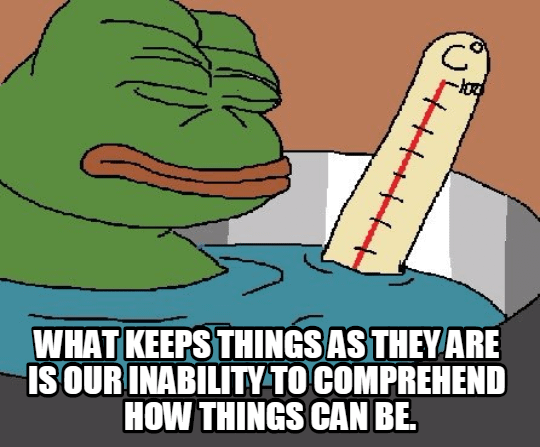
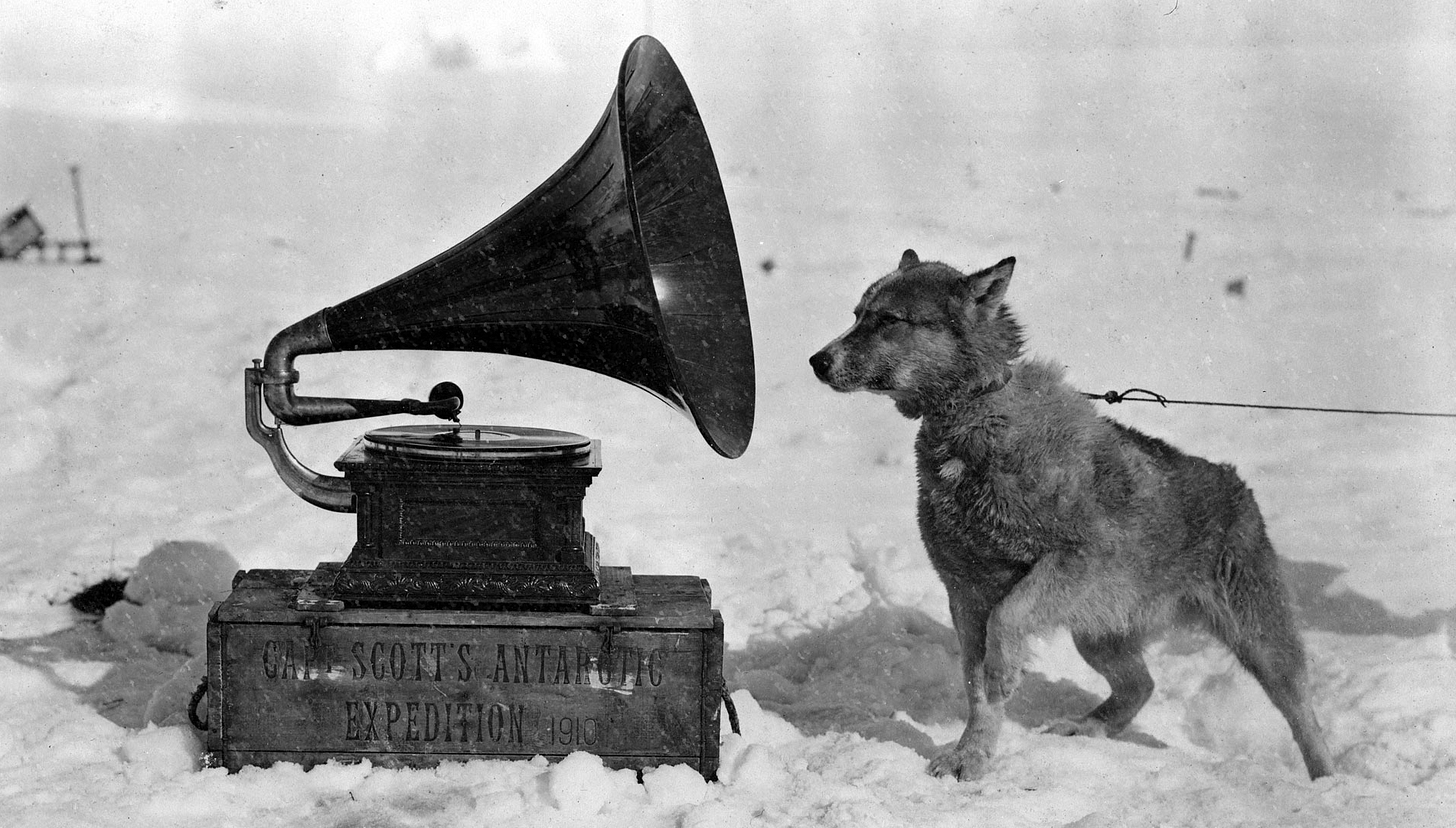
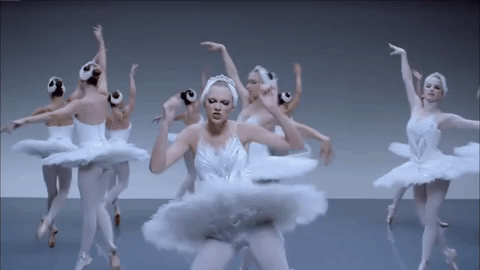
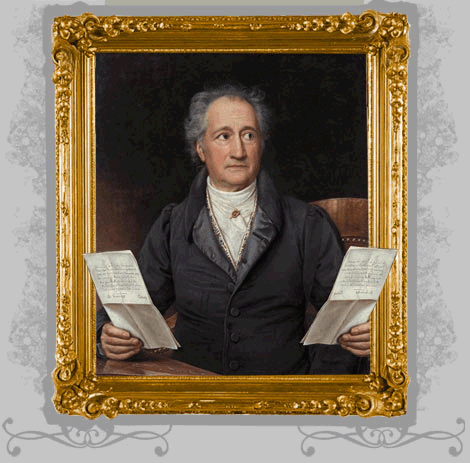
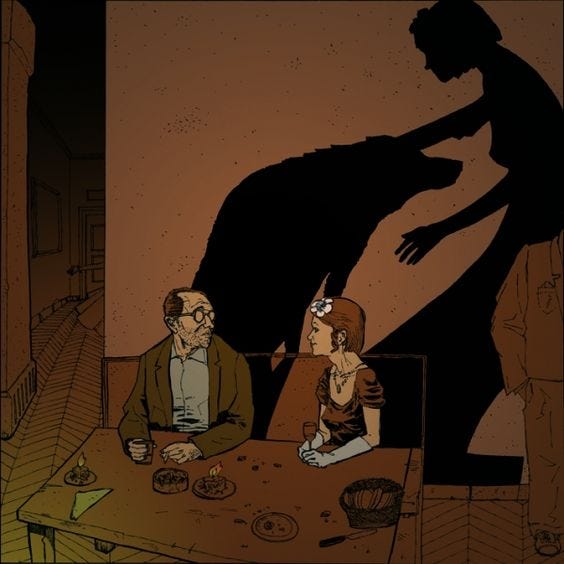
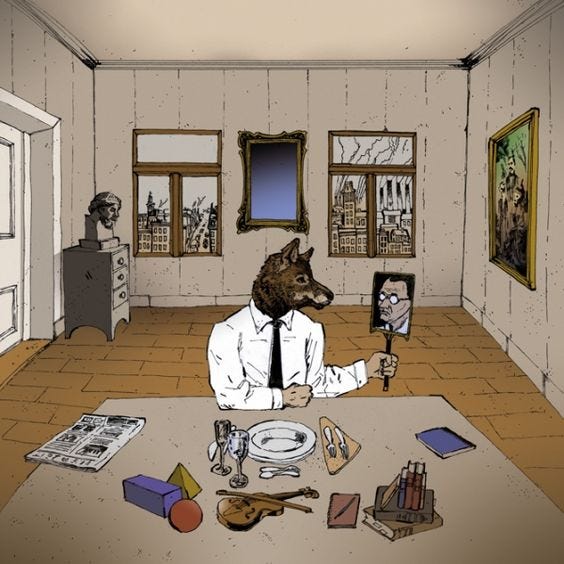
I liked the post. I read the book a couple of years ago and loved it.
One small thing:
"A lot of the time, I’ve come to not take my emotions very seriously. I can feel that when I fall asleep in a psychedelic state, very aware of all the emotions going on inside me, and wake up the next morning with that awareness turned way down."
In a psychedelic state emotions are generated with a stronger intensity (neurobiologically speaking) in a similar way that emotions are usually stronger during childhood & puberty (a time when hormones and the brain are "on fire") than adulthood - it has not necessarily something to do with greater awareness of them